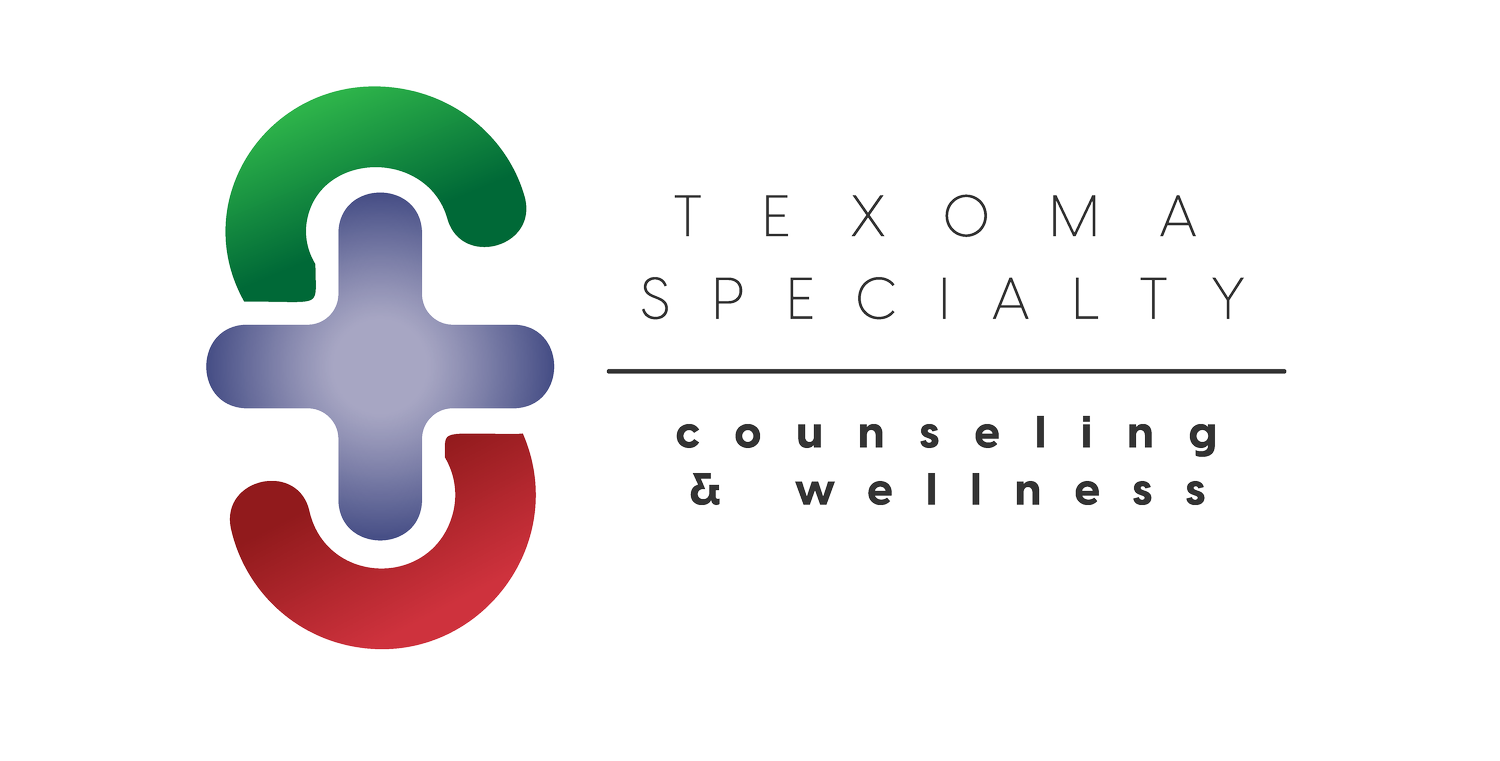Eating Disorders Are Not Just About Weight
It is a common myth that people with eating disorders are very emaciated and thin. We assume they look sick. Although this can happen, a person with an eating disorder may not look thin. A person may not look overweight either. A person may have an eating disorder and have a healthy weight. An eating disorder is about a person’s relationship with food and body. A person suffering has many rules about eating. Eating causes a lot of anxiety, confusion, and emotional upset.
Eating disorders are not just about weight.
We live in a health-obsessed world where thinness is desired. However a fit person may be suffering with how they eat, what they eat, and their body. You feel anxious, ugly, fat, and disgusting. You suffer alone and do not often admit you have upset about eating. People may praise your body but you cannot see what they see. To you your body is fat and disgusting. You feel you need to work harder to achieve a perfect body. People may praise your self-discipline to eat so well, but what they don’t know is that you worried about that meal and stressed about that meal for hours.
People with eating disorder eat food. There is a lot of secrecy in eating disorders. You see you feel like a total failure so the last thing you want to do is tell someone how you are thinking and feeling. You may think you deserve to feel so anxious and terrible. I have had clients tell me they deserve to suffer. This is not true, but because you value success you don’t want to tell others that you are having a hard time.
We cannot assume that a person with an eating disorder is going to be thin. If we do we may miss someone that suffering. We can miss the person that on the inside is fighting urges to restrict. We miss the college kid that is purging in the bathroom at night. We miss the athlete that pushes workouts to the extreme. Hard work and discipline does not mean a person has an eating disorder either. The bottom line is that we have to ask. We want to talk about self-esteem and body image. Please note that low self-esteem does not mean a person has an eating disorder either. You want to consider a person’s rules and rigidity around food, eating, and their body. This type of thinking and upset feelings about food and the body can indicate there is a problem.
A great way to learn if you or someone you love has an eating disorder is to take the free assessment from the National Eating Disorder Association. Here is the free assessment: https://www.nationaleatingdisorders.org/screening-tool
The take home message here is that there is help. People do not have to die from eating disorders. If you are worried you may have a problem, take the assessment. Then seek help. There is really, really good help out there.
If you find this information helpful please share. This is a very complex issue that cannot be addressed in a 5 minute video, but feel free to ask questions and comment. Perhaps there is something I can help clarify for you.
Still not sure if you have an eating disorder? Here is a self-assessment, https://www.nationaleatingdisorders.org/screening-tool. This quick tool is to help you determine if you have an eating disorder and if you should get help. Visit NationalEatingdisorder.org to find help and get more information.

